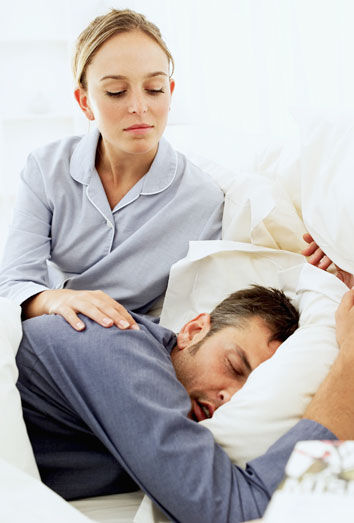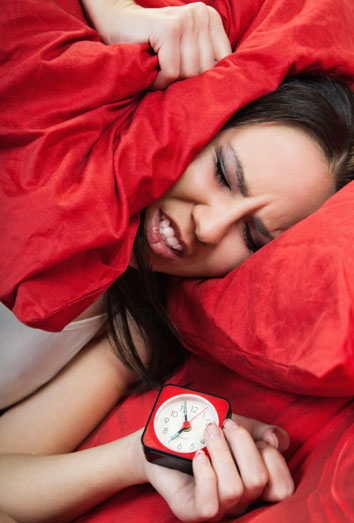More and more people suffer from a sleep disorder. From transient insomnia to chronic insomnia there is a long way in which patients try any treatment that helps them sleep. One of the most used remedies are hypnotics, drugs that help sleep but with health consequences.

What are hypnotics
- Hypnotics or sleeping pills are the medications that are generally prescribed for a sleep disorder. According to the president of the Spanish Sleep Association, more than 5% of the population regularly uses these drugs to sleep. Although they are effective because they quickly induce sleep, their adverse effects make them a health hazard.
- Although medical science advances and barbiturates are behind the cinematographic, hypnotics continue to present a health risk. In addition to the dependency produced by benzodiazepines, for example, most of these drugs, among which Zolpidem is also found, cause memory alterations. That is why the research lines are directed to the search for new hypnotic drugs with fewer contraindications.
Alternatives to hypnotics
- At the moment, there is little we can do against the imperative need to sleep. It can be understood that, in certain particular cases, sleeping pills are absolutely necessary to guarantee the rest of the patient. What cannot be understood is that health resorts systematically to this type of medication without first studying each particular case.
- Because some types of insomnia could be avoided, and even prevented, with education from childhood on sleep hygiene. Establishing routine sleeping habits is one of the keys to combat insomnia, at least in those cases that are not motivated by emotional problems, illness or a circadian rhythm disturbance.
- Natural sleep remedies are available to everyone. In pharmacies they also have sleeping pills made with plants. And home sleep hacks are well known to the general public. But it must be recognized that if so many people finally opt for hypnotics, it is because of their high efficacy in achieving sleep.






